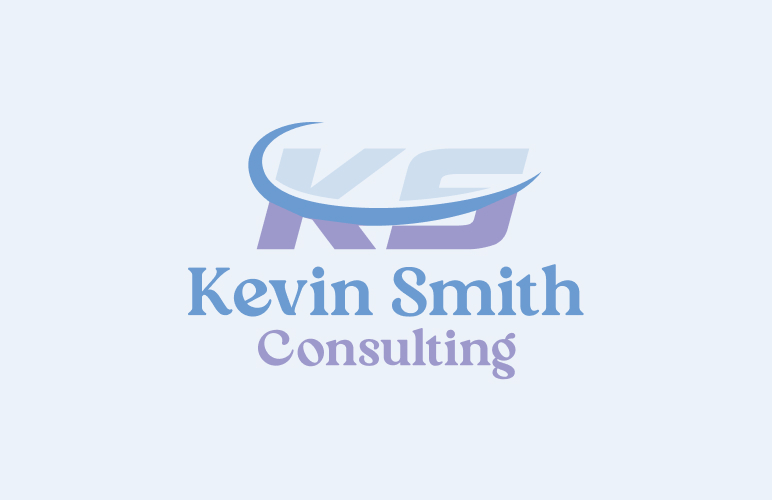Maximizing Website Conversions: Strategies for Small Businesses
Maximizing Website Conversions: Strategies for Small Businesses
Introduction
For small businesses, a high-converting website is a key driver of growth and success. In this blog post, we explore effective strategies to help small businesses maximize their website conversions. From optimizing user experience to crafting compelling calls-to-action, these strategies will empower small businesses to enhance their online presence and convert website visitors into loyal customers.
Understand Your Target Audience
To maximize website conversions, small businesses must have a deep understanding of their target audience. Conduct market research, analyze customer data, and create buyer personas to gain insights into their preferences, needs, and pain points. By understanding your audience, you can tailor your website content, messaging, and design to effectively engage and convert visitors.
Streamline User Experience
A seamless and intuitive user experience is crucial for increasing conversions. Optimize website navigation, load times, and mobile responsiveness. Simplify the conversion process by minimizing form fields and providing clear directions. Use consistent branding and design elements throughout the site to build trust and familiarity. By creating a user-friendly experience, small businesses can enhance engagement and encourage visitors to take action.
Craft Compelling Calls-to-Action
Well-crafted calls-to-action (CTAs) are vital for driving conversions. Use clear and concise language that conveys the value proposition of your offering. Position CTAs strategically on relevant pages, such as product pages or landing pages. Experiment with different CTA formats, colors, and sizes to find what resonates best with your audience. Additionally, create a sense of urgency or offer incentives to encourage immediate action.
Create Persuasive Website Content
Engaging and persuasive website content is instrumental in capturing visitor interest and driving conversions. Clearly communicate the benefits and unique selling points of your products or services. Use customer testimonials, case studies, or success stories to build credibility and trust. Incorporate strong headlines, compelling product descriptions, and persuasive copywriting techniques to persuade visitors to take the desired action.
Leverage Social Proof
Social proof plays a significant role in building trust and credibility. Showcase customer reviews, ratings, or testimonials prominently on your website. Incorporate trust badges, certifications, or partner logos to reinforce your brand’s credibility. Highlight any media coverage or industry recognition your business has received. By leveraging social proof, small businesses can instill confidence in visitors, increasing the likelihood of conversions.
Implement Conversion Tracking and Testing
To optimize website conversions, small businesses should implement conversion tracking and conduct regular testing. Use analytics tools to measure key metrics such as conversion rates, bounce rates, and click-through rates. A/B test different elements, such as headlines, CTAs, or layouts, to identify the most effective variations and continuously refine your website for better performance.
Conclusion
Maximizing website conversions is crucial for small businesses to achieve their growth objectives. By understanding their target audience, streamlining user experience, crafting compelling CTAs and persuasive content, leveraging social proof, and implementing conversion tracking, small businesses can create a high-converting website that captivates visitors and drives meaningful engagement, ultimately leading to increased conversions and business success.
